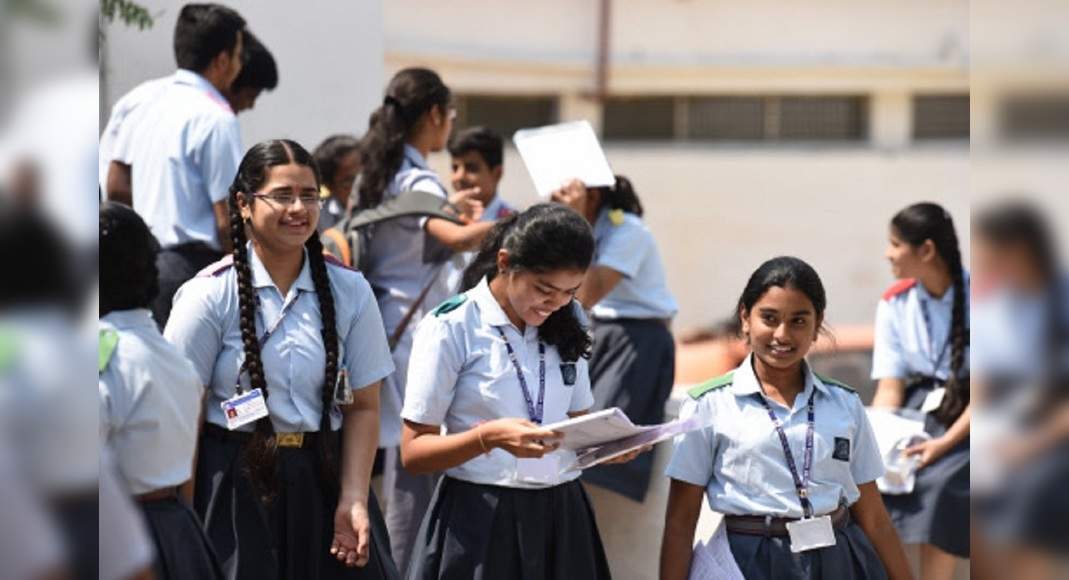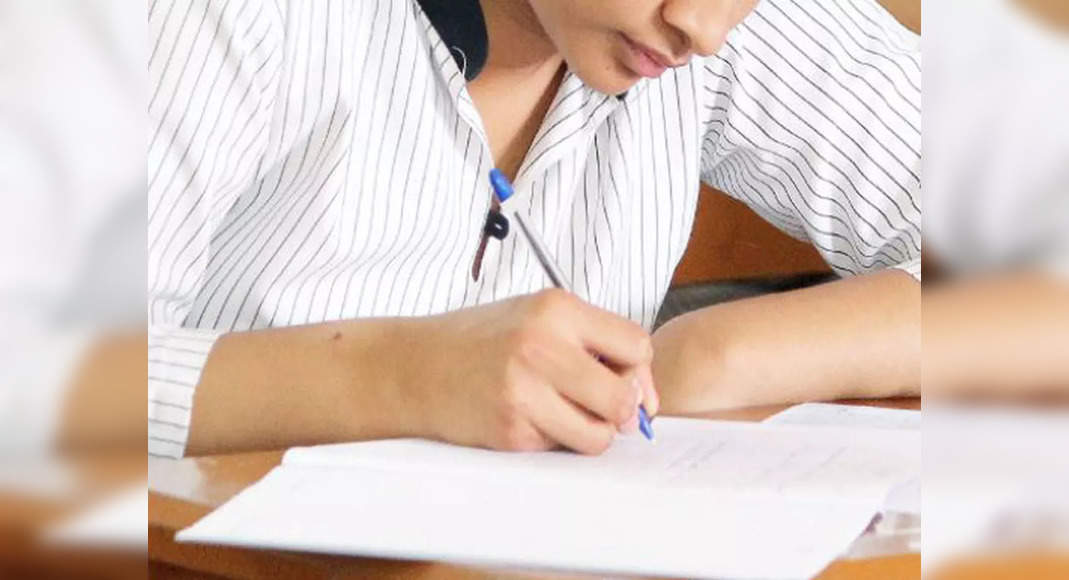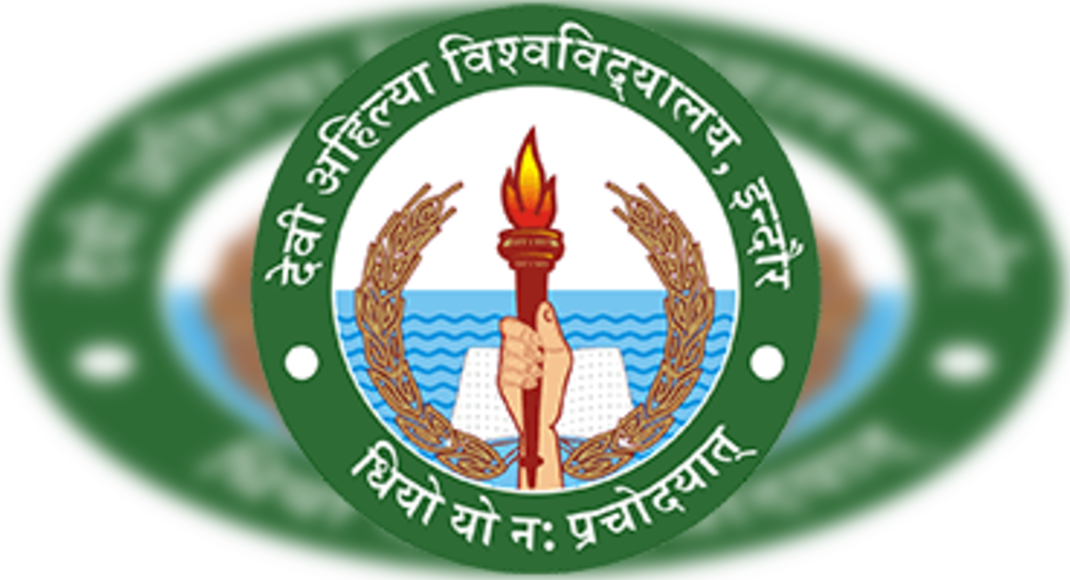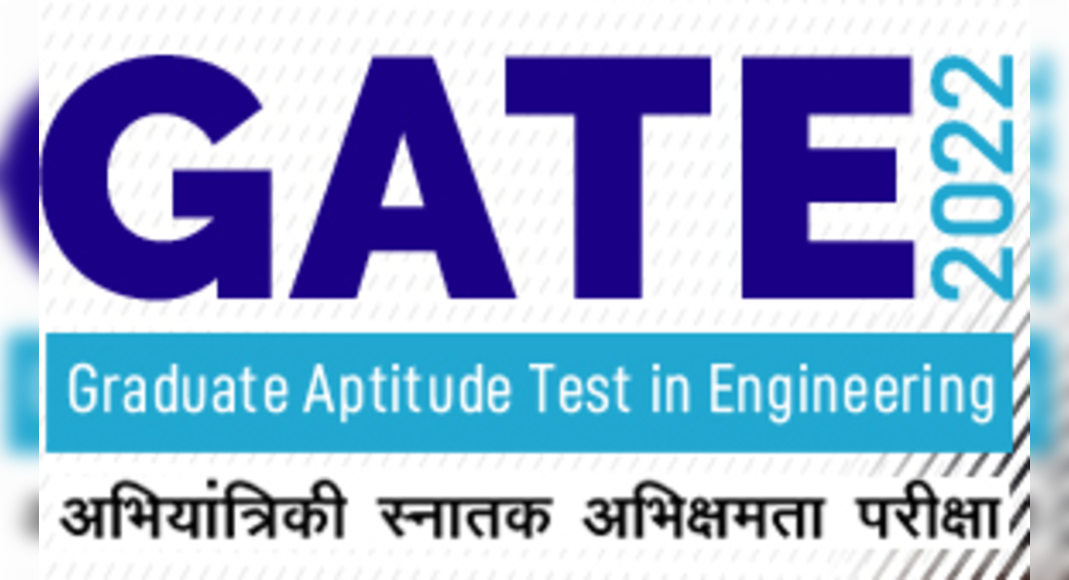The cancellation of the class XII boards brought in its wake a collective sigh of relief among students, parents and teachers, but the debate surrounding the right assessment criteria is far from over.
Questions are being raised as to what would constitute a ‘well-defined objective criterion’.
Two options emerged – one, on whether the assessment should be based on performances in the final exams of the previous three classes (IX, X, XI), or should a certain weightage be given to class X board results and class XII internal assessments.
Speaking to
Education Times, Sanyam Bhardwaj, controller of examinations, CBSE, clarifies, “We will prepare the assessment guidelines/Policy and present the same before the Honourable Supreme Court in 2 weeks’ time.
The guidelines, thereafter, will be implemented in all the schools for preparation of the class XII results.”
CBSE is aware of all the intricacies, rules, and regulations, so when the guidelines are prepared, all the students who are entering the board exams will be covered, he adds.
“We will look into the interest of all candidates before finalising the assessment modalities.
It is hypothetical to discuss any policy without going into the details of the data presented.While the Policy may not be absolute, but we will find a way to prepare results that will be very close to the real assessment of the students if exams could have been held.” He also advises parents and students not to panic or be worried and rely on CBSE’s expertise as “a student-friendly body” to take the right decisions.
Congratulations!You have successfully cast your voteLogin to view result
Elaborating further on the CBSE’s assessment mode, CB Sharma, professor and former chairman, NIOS, says that the Boards may have been cancelled for the moment, but it would give every aspirant a fair chance to write a full board exam once the situation normalises.
“This includes both meritorious students who have been consistently working hard or average students who may not be satisfied with their last three years’ performance and the school’s internal assessments.”
“In the absence of a single statutory body (like the UGC) for school education, decisions that are taken in the interest of school students are not pedagogical in nature but driven more by administrative considerations,” Sharma says.
Existing bodies such as the CBSE, NCERT, NIOS, NVs and KVs come under the Education ministry even though they are autonomous entities.
“We do not have research precedence on issues related to school education simply because there is no Statutory body to govern its functions.
An expert committee set up for working out the assessment modes will best address the crisis,” he adds.
For an objective assessment, Madhav Deo Saraswat, principal, The Scindia School, Gwalior, says, “The method should be congruent with the student’s performance, as well as the school’s performance, for the student and the school are the key stakeholders in the process and mutually calibrate the curve of learning and performance.”
To measure the consistency of performance of the student and arrive at a figure guided by the student’s results in various internal exams in the 2021 session, all exams taken over the year need to be considered, says Saraswat.
“This can be achieved by giving a weightage of 80% to the home exams which are generally conducted by all the schools.
While distributing the average over the whole year, 10% of the best of Periodic Test I/Periodic Test II, 30% of Term I and 40% of Pre-board exam may be taken,” he suggests.
It is also known that practical/project (viva voice) exams for various subjects have not been conducted by many schools because of the pandemic.
“The schools can be directed to give average marks for such practical exams based on the marks secured in those subjects where practicals have already been conducted.
Since member schools are supposed to update the marks of practicals on the day of the practical exam, such a database is already with the CBSE for further consideration,” he adds.







